Your Free Guide to Keto Meal Planning
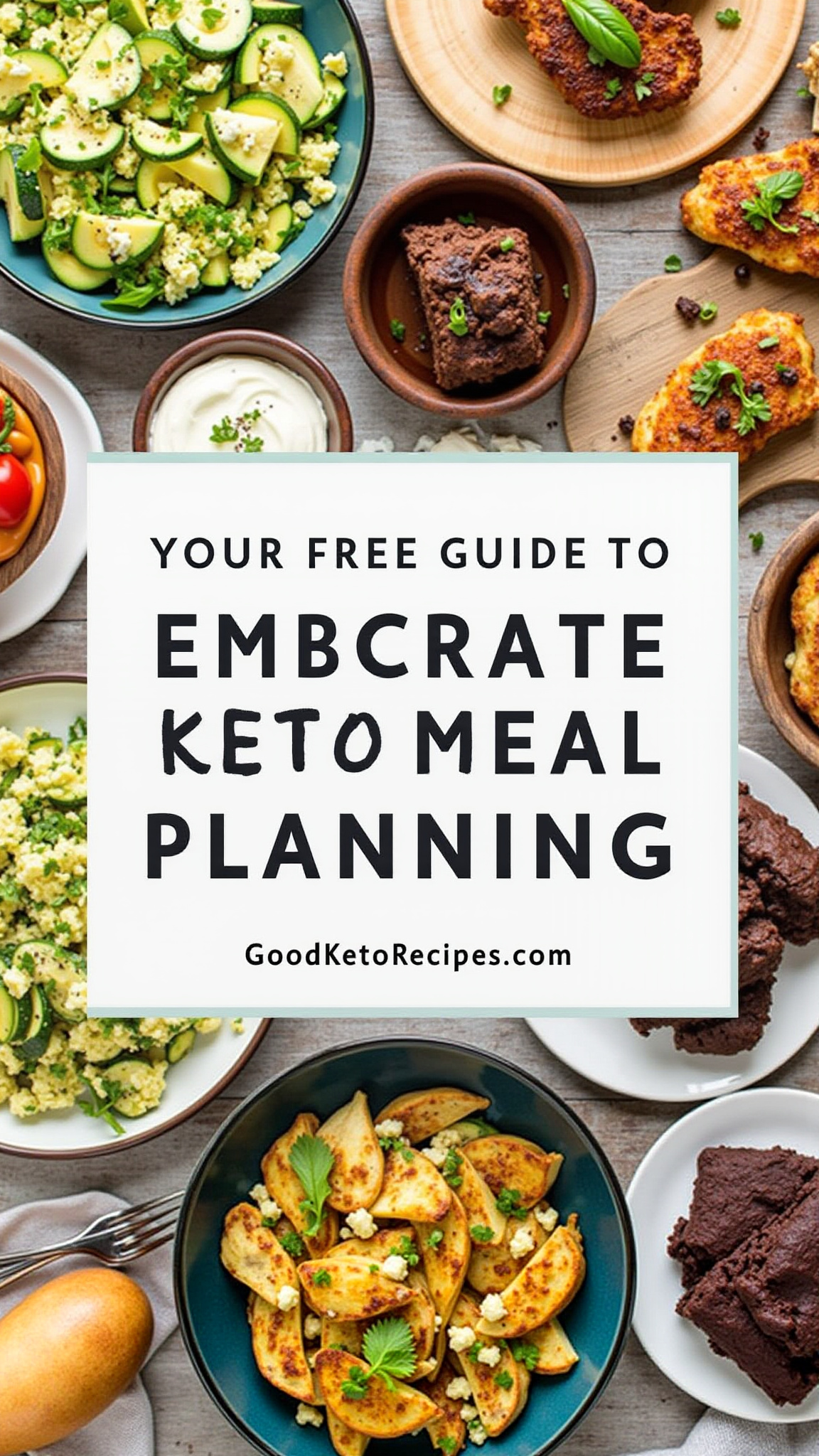
The ketogenic (keto) diet has exploded in popularity for its effectiveness in promoting weight loss, boosting energy levels, and improving overall health. This 7-day keto meal plan provides a comprehensive and free guide to help you navigate the initial phase of the keto diet, setting you up for sustainable success. This plan is designed to be both effective and delicious, making it easier than ever to reach your weight loss goals.
What is the Keto Diet?
The keto diet is a high-fat, moderate-protein, and very low-carbohydrate eating plan. By drastically reducing carbohydrate intake, your body enters a metabolic state called ketosis. In ketosis, your body shifts from burning glucose (sugar) for fuel to burning fat for fuel, producing ketones as a byproduct. This process leads to weight loss, increased energy, and potential improvements in blood sugar control.
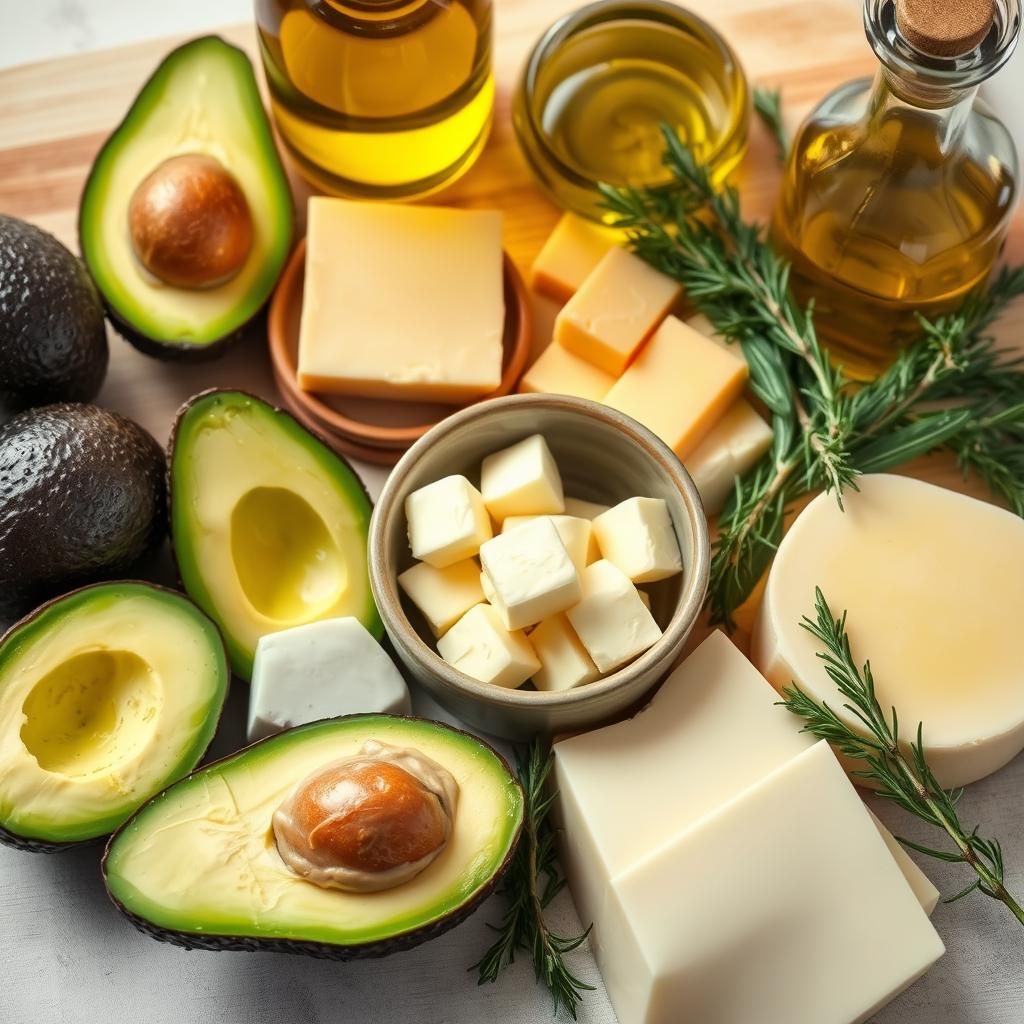
Key Principles of Keto
- High Fat: Approximately 70-80% of your daily calories should come from fat.
- Moderate Protein: Aim for 20-25% of your daily calories from protein.
- Very Low Carb: Limit your carbohydrate intake to 5-10% of your daily calories, typically around 20-50 grams of net carbs per day. (Net carbs are total carbs minus fiber and sugar alcohols.)
Benefits of the Keto Diet
- Weight Loss: The keto diet is highly effective for weight loss due to increased fat burning and reduced hunger.
- Improved Blood Sugar Control: Studies show that keto can significantly lower blood sugar levels and improve insulin sensitivity, making it beneficial for individuals with type 2 diabetes.
- Increased Energy Levels: Many people report feeling more energetic and focused on the keto diet.
- Reduced Appetite: The high-fat content of the keto diet promotes satiety, helping to reduce cravings and overeating.
- Potential Therapeutic Benefits: Research suggests that the keto diet may have therapeutic applications for conditions such as epilepsy, Alzheimer’s disease, and certain types of cancer.
Before You Start: Important Considerations
Before embarking on the keto diet, it’s crucial to consult with your healthcare provider, especially if you have any pre-existing medical conditions, such as diabetes, heart disease, or kidney problems. They can help you determine if the keto diet is right for you and monitor your health throughout the process.
- Electrolyte Imbalance: The keto diet can cause electrolyte imbalances, particularly during the initial phase. Be sure to consume adequate amounts of sodium, potassium, and magnesium. Bone broth, leafy green vegetables, and electrolyte supplements can help.
- Keto Flu: Some people experience flu-like symptoms (headache, fatigue, nausea) during the first few days of the keto diet, often referred to as the “keto flu.” Staying hydrated, consuming electrolytes, and gradually reducing carbohydrate intake can help minimize these symptoms.
- Nutrient Deficiencies: It’s essential to eat a variety of nutrient-dense foods to avoid deficiencies. Focus on incorporating non-starchy vegetables, healthy fats, and quality protein sources into your diet.
- Individual Needs: Calorie and macronutrient needs vary depending on individual factors such as age, gender, activity level, and metabolic rate. Use online keto calculators or consult with a registered dietitian to determine your specific needs.
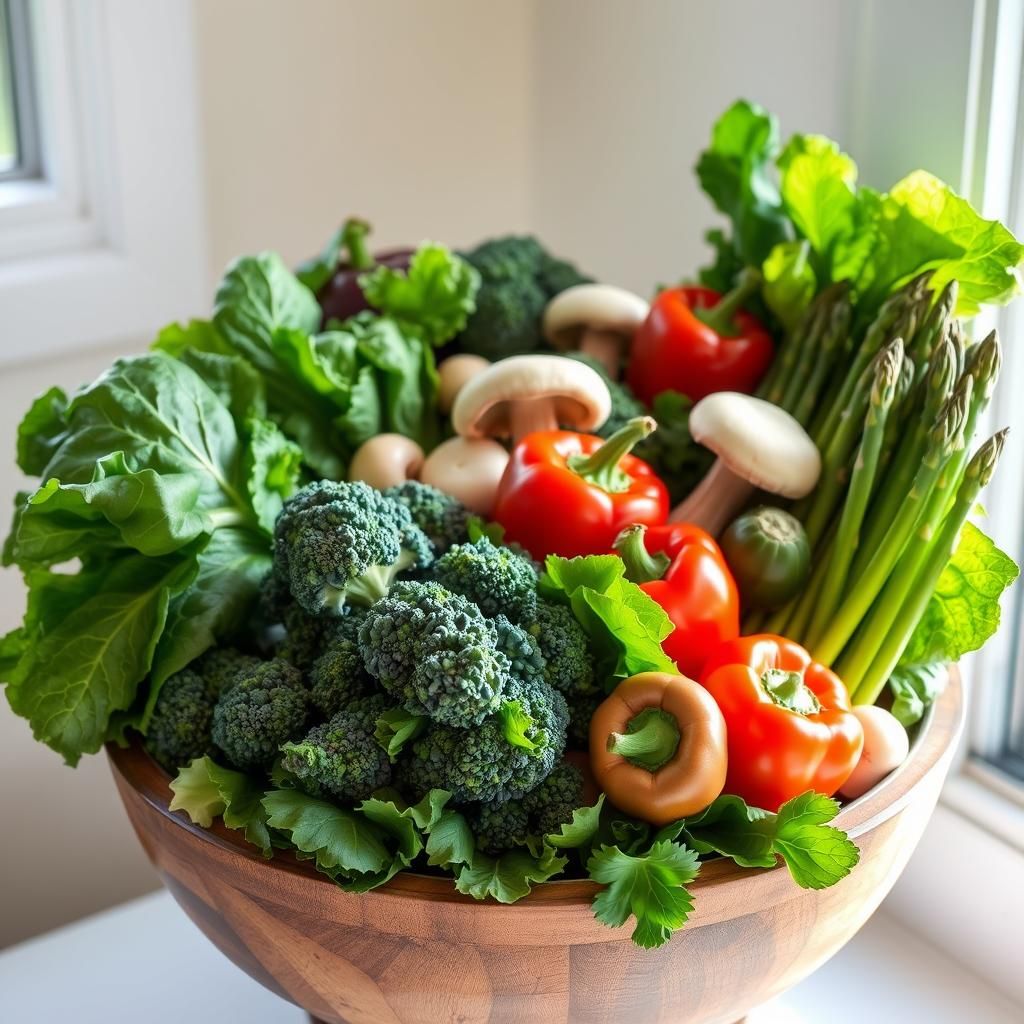
Your 7-Day Keto Meal Plan
This 7-day keto meal plan provides a structured approach to starting your keto journey. Each day includes breakfast, lunch, dinner, and snacks, with detailed recipes and nutritional information. The plan is designed to keep you within the recommended macronutrient ranges for ketosis while providing a variety of delicious and satisfying meals.
Day 1
- Breakfast (450 calories, 35g fat, 25g protein, 5g net carbs): Scrambled Eggs with Cheese and Avocado
- Recipe: 3 eggs, 1 oz cheddar cheese, 1/4 avocado, salt and pepper to taste.
- Instructions: Scramble eggs, add cheese while cooking. Top with avocado slices.

- Lunch (550 calories, 40g fat, 35g protein, 6g net carbs): Tuna Salad with Lettuce Wraps
- Recipe: 5 oz tuna (canned in water, drained), 2 tbsp mayonnaise, 1/4 chopped celery, salt and pepper to taste, lettuce leaves.
- Instructions: Mix tuna, mayonnaise, and celery. Season with salt and pepper. Serve in lettuce wraps.
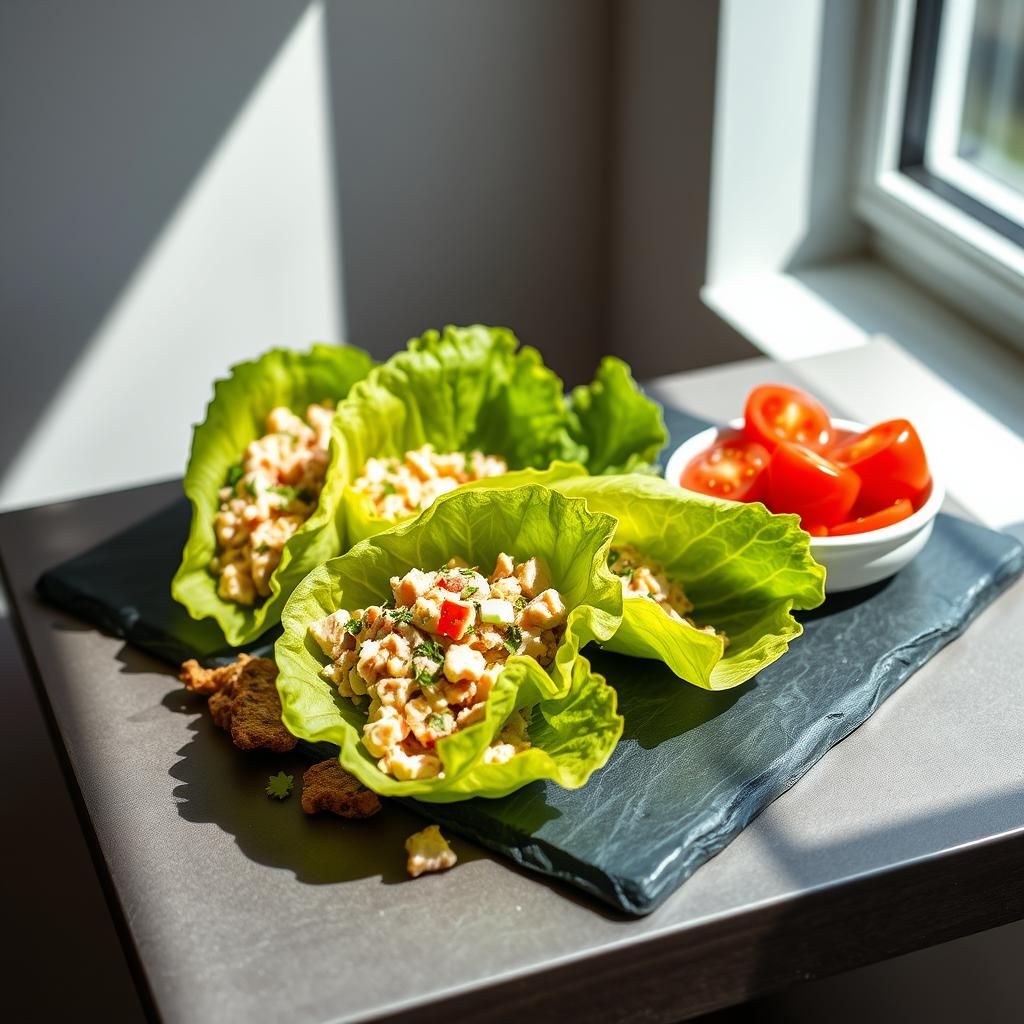
- Dinner (600 calories, 45g fat, 40g protein, 8g net carbs): Baked Salmon with Asparagus
- Recipe: 6 oz salmon fillet, 1 tbsp olive oil, 1/2 lb asparagus, salt and pepper to taste.
- Instructions: Brush salmon with olive oil, season with salt and pepper. Bake at 400°F (200°C) for 12-15 minutes. Roast asparagus alongside salmon.
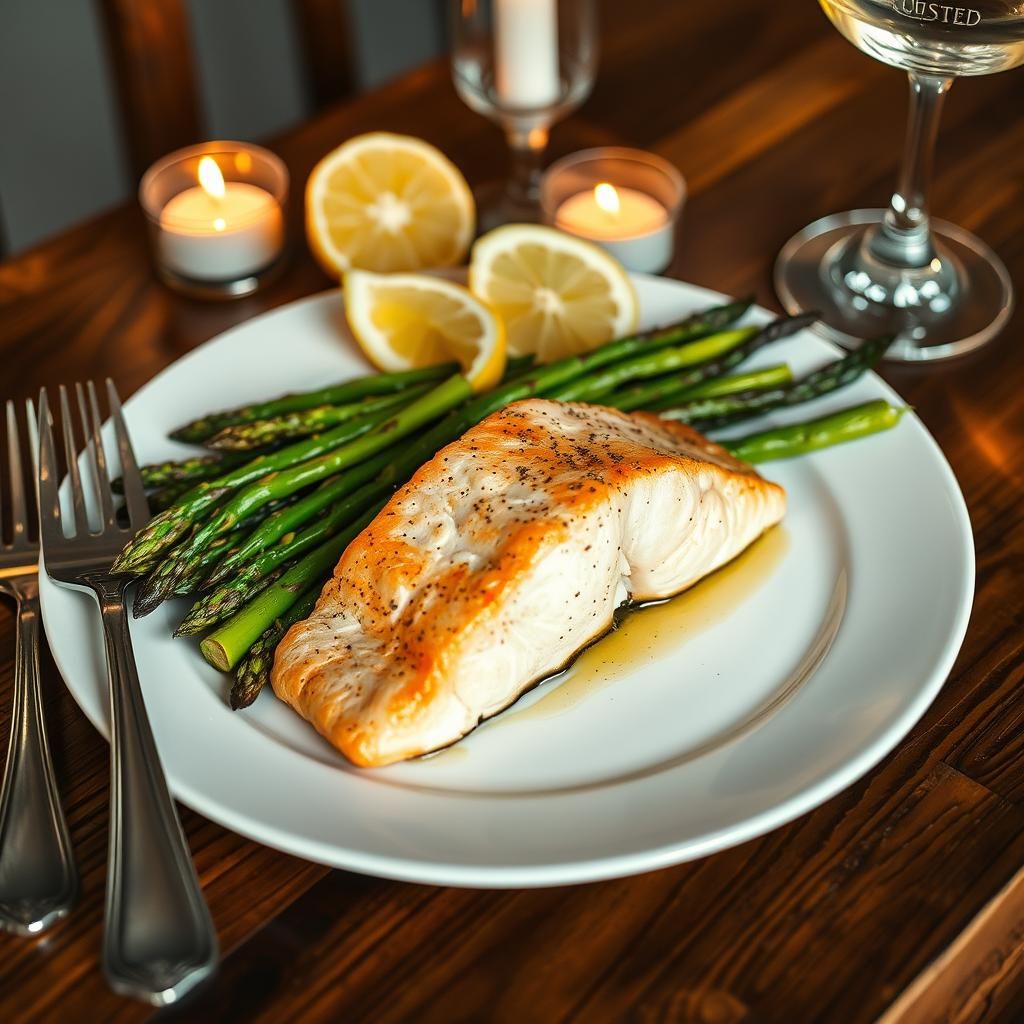
- Snacks (200 calories, 15g fat, 5g protein, 2g net carbs): 1 oz Almonds
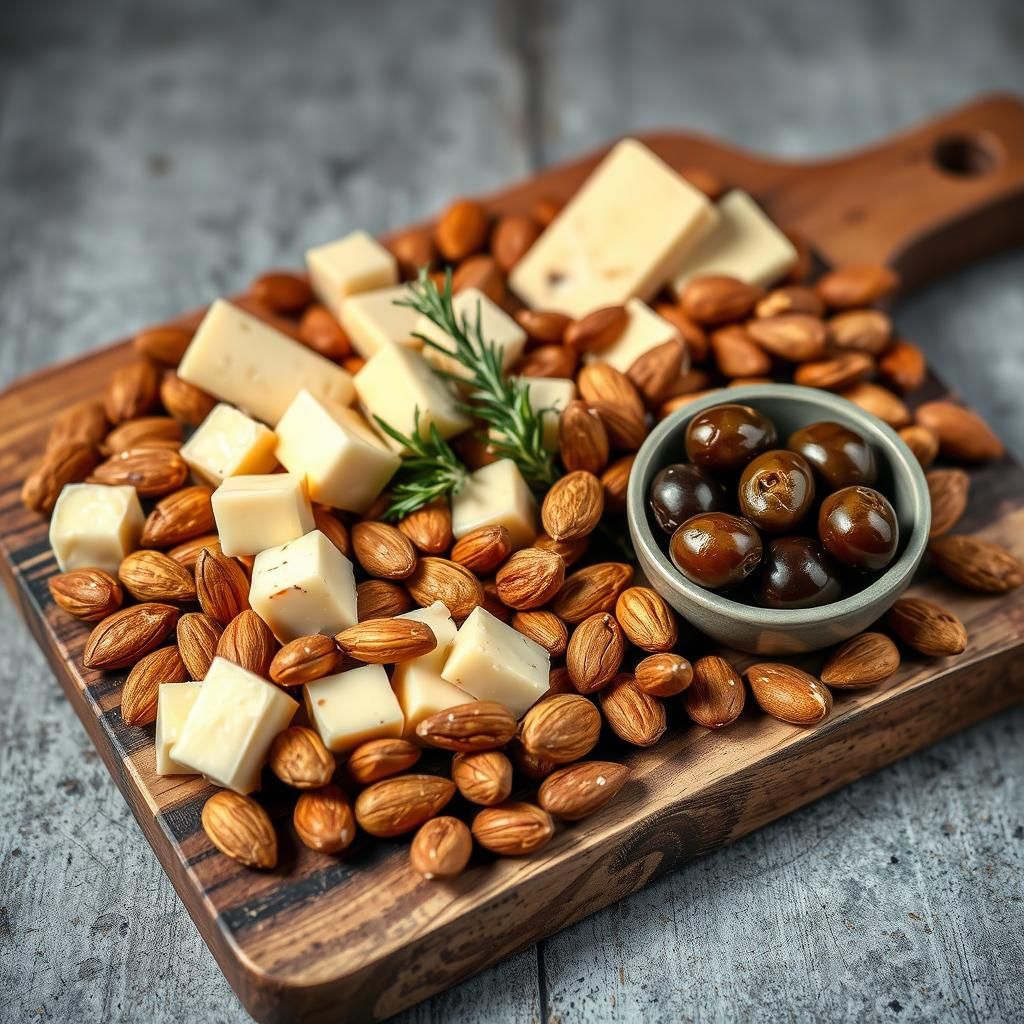
Day 2
- Breakfast (400 calories, 30g fat, 20g protein, 4g net carbs): Keto Smoothie
- Recipe: 1 cup spinach, 1/2 cup unsweetened almond milk, 1 scoop whey protein powder, 1 tbsp almond butter, ice.
- Instructions: Blend all ingredients until smooth.
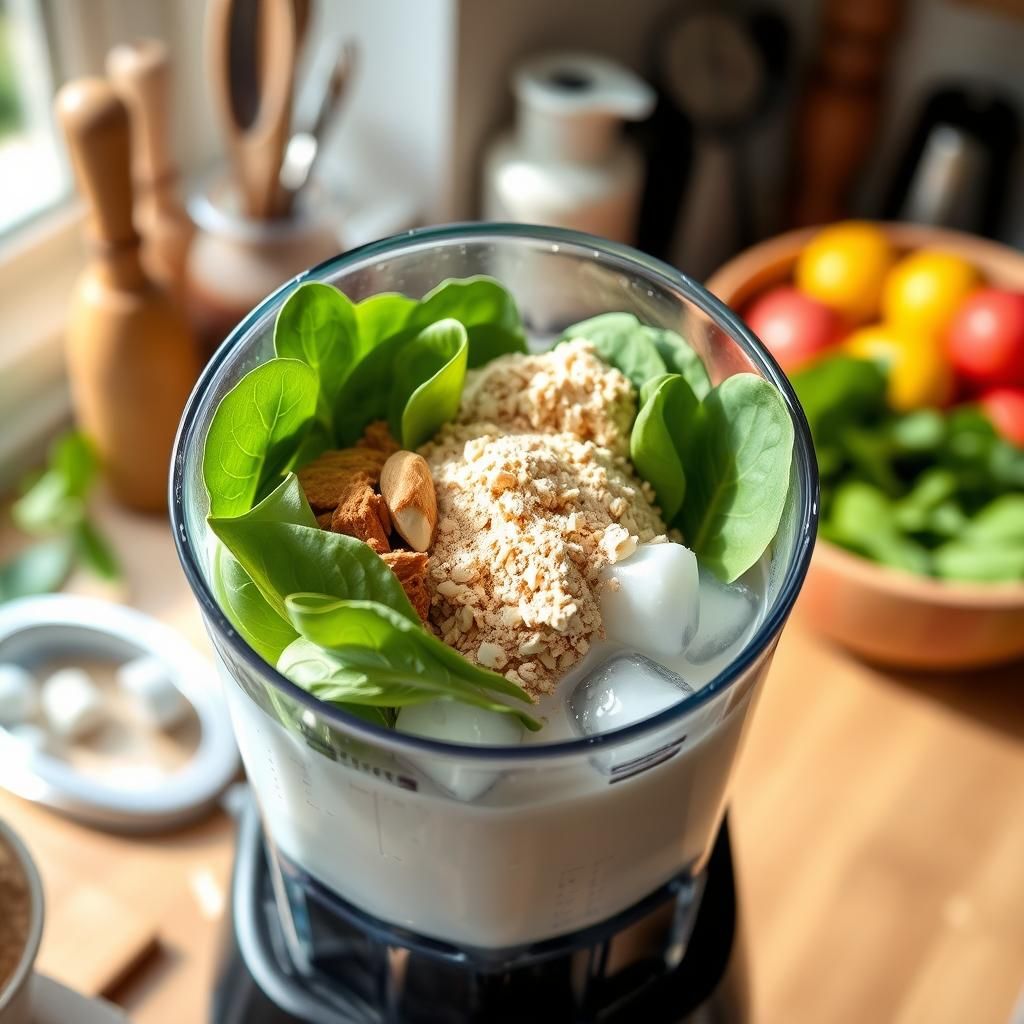
- Lunch (500 calories, 35g fat, 30g protein, 7g net carbs): Chicken Salad with Cucumber Slices
- Recipe: 5 oz cooked chicken breast (diced), 2 tbsp mayonnaise, 1/4 chopped red onion, salt and pepper to taste, cucumber slices.
- Instructions: Mix chicken, mayonnaise, and red onion. Season with salt and pepper. Serve with cucumber slices.
- Dinner (650 calories, 50g fat, 45g protein, 10g net carbs): Ground Beef and Broccoli Stir-Fry
- Recipe: 6 oz ground beef, 1 cup broccoli florets, 1 tbsp soy sauce (or coconut aminos), 1 tbsp olive oil, garlic powder to taste.
- Instructions: Brown ground beef in olive oil. Add broccoli and soy sauce. Cook until broccoli is tender-crisp. Season with garlic powder.
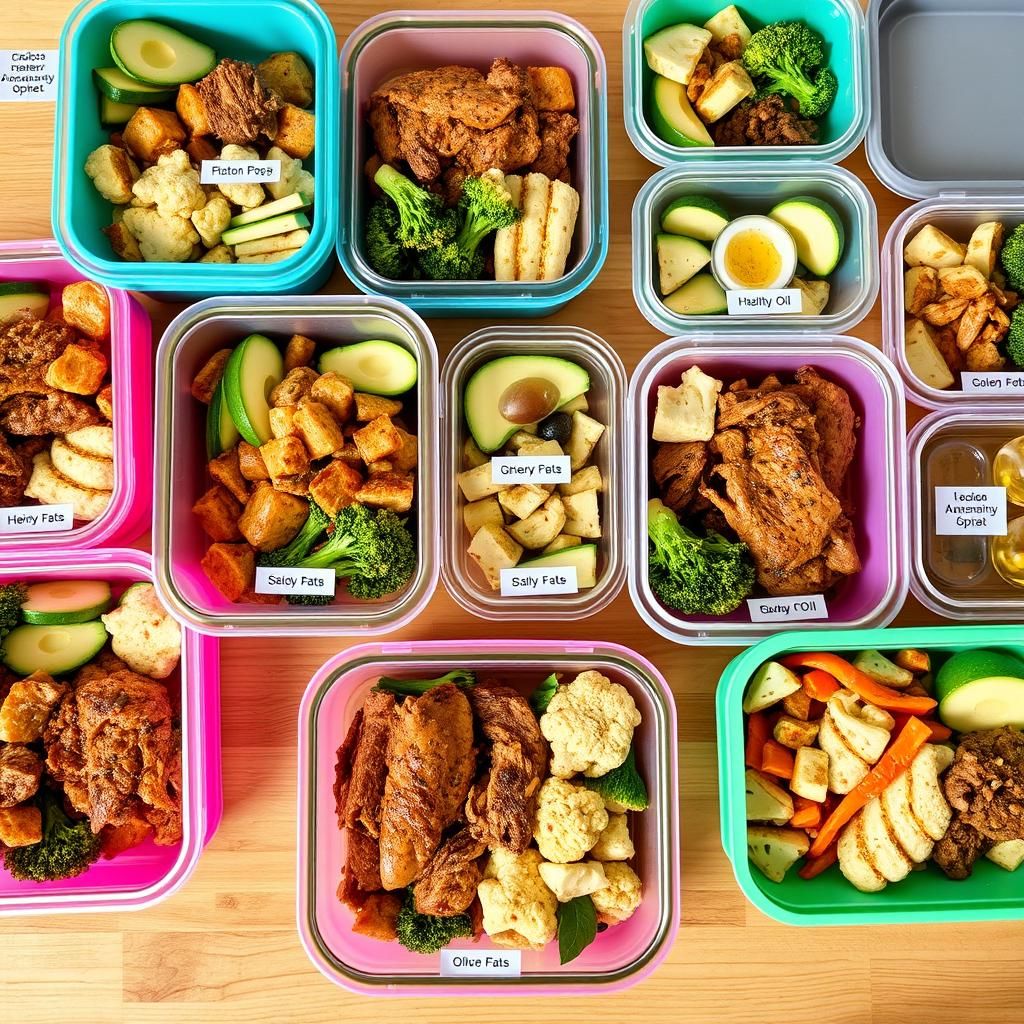
- Snacks (250 calories, 20g fat, 3g protein, 3g net carbs): Cheese Sticks (2)
Day 3
- Breakfast (420 calories, 32g fat, 22g protein, 6g net carbs): Bulletproof Coffee and Hard-Boiled Eggs (2)
- Recipe (Bulletproof Coffee): 1 cup coffee, 1 tbsp coconut oil, 1 tbsp grass-fed butter.
- Instructions: Blend all ingredients until frothy.
- Lunch (520 calories, 38g fat, 32g protein, 5g net carbs): Leftover Ground Beef and Broccoli Stir-Fry
- Dinner (630 calories, 48g fat, 42g protein, 9g net carbs): Pork Chops with Green Beans
- Recipe: 6 oz pork chop, 1 tbsp olive oil, 1/2 lb green beans, salt and pepper to taste.
- Instructions: Sear pork chop in olive oil until cooked through. Steam or sauté green beans. Season with salt and pepper.
- Snacks (230 calories, 18g fat, 4g protein, 3g net carbs): Macadamia Nuts (1/4 cup)
Day 4
- Breakfast (430 calories, 33g fat, 23g protein, 5g net carbs): Keto Pancakes
- Recipe: 2 eggs, 2 tbsp cream cheese, 1/4 tsp baking powder, sweetener to taste (e.g., erythritol).
- Instructions: Blend all ingredients. Cook on a lightly oiled griddle.
- Lunch (530 calories, 40g fat, 33g protein, 6g net carbs): Salad with Grilled Chicken and Avocado
- Recipe: 5 oz grilled chicken breast (sliced), 2 cups mixed greens, 1/4 avocado, 2 tbsp olive oil and vinegar dressing.
- Instructions: Combine all ingredients.
- Dinner (620 calories, 47g fat, 41g protein, 8g net carbs): Shrimp Scampi with Zucchini Noodles
- Recipe: 6 oz shrimp, 2 tbsp butter, 2 cloves garlic (minced), 1 tbsp lemon juice, 1 medium zucchini (spiralized), salt and pepper to taste.
- Instructions: Sauté garlic in butter. Add shrimp and cook until pink. Add lemon juice and zucchini noodles. Cook until zucchini is tender. Season with salt and pepper.
- Snacks (220 calories, 17g fat, 4g protein, 2g net carbs): Olives (1/2 cup)
Day 5
- Breakfast (410 calories, 31g fat, 21g protein, 5g net carbs): Scrambled Eggs with Bacon and Spinach
- Recipe: 3 eggs, 2 slices bacon (cooked), 1 cup spinach, salt and pepper to taste.
- Instructions: Sauté spinach in bacon grease. Scramble eggs and add to spinach. Season with salt and pepper.
- Lunch (510 calories, 37g fat, 31g protein, 7g net carbs): Leftover Shrimp Scampi with Zucchini Noodles
- Dinner (640 calories, 49g fat, 43g protein, 9g net carbs): Steak with Cauliflower Mash
- Recipe: 6 oz steak, 1 tbsp olive oil, 1 cup cauliflower florets, 2 tbsp butter, salt and pepper to taste.
- Instructions: Sear steak in olive oil until cooked to desired doneness. Steam or boil cauliflower until tender. Mash with butter, salt, and pepper.
- Snacks (240 calories, 19g fat, 4g protein, 3g net carbs): Celery Sticks with Peanut Butter (2 tbsp)
Day 6
- Breakfast (440 calories, 34g fat, 24g protein, 6g net carbs): Keto Yogurt with Berries
- Recipe: 1 cup unsweetened Greek yogurt, 1/4 cup raspberries, 1 tbsp chia seeds.
- Instructions: Combine all ingredients.
- Lunch (540 calories, 41g fat, 34g protein, 5g net carbs): Tuna Salad Stuffed Avocado
- Recipe: 5 oz tuna (canned in water, drained), 2 tbsp mayonnaise, 1/4 chopped celery, salt and pepper to taste, 1/2 avocado.
- Instructions: Mix tuna, mayonnaise, and celery. Season with salt and pepper. Stuff into avocado half.
- Dinner (610 calories, 46g fat, 40g protein, 8g net carbs): Chicken Thighs with Roasted Brussels Sprouts
- Recipe: 6 oz chicken thighs (bone-in, skin-on), 1 tbsp olive oil, 1 cup Brussels sprouts, salt and pepper to taste.
- Instructions: Roast chicken thighs and Brussels sprouts in olive oil at 400°F (200°C) for 25-30 minutes. Season with salt and pepper.
- Snacks (210 calories, 16g fat, 3g protein, 2g net carbs): Pork Rinds (1 oz)
Day 7
- Breakfast (400 calories, 30g fat, 20g protein, 4g net carbs): Keto Egg Muffins
- Recipe: 6 eggs, 1/4 cup chopped vegetables (e.g., bell peppers, onions), 1/4 cup shredded cheese, salt and pepper to taste.
- Instructions: Whisk eggs, add vegetables and cheese. Pour into muffin tins and bake at 350°F (175°C) for 20-25 minutes.
- Lunch (500 calories, 36g fat, 30g protein, 6g net carbs): Leftover Chicken Thighs with Roasted Brussels Sprouts
- Dinner (650 calories, 50g fat, 45g protein, 10g net carbs): Keto Pizza
- Recipe: Cauliflower crust (store-bought or homemade), 1/4 cup marinara sauce (sugar-free), 1/2 cup mozzarella cheese, your favorite keto-friendly toppings (e.g., pepperoni, mushrooms, olives).
- Instructions: Assemble pizza and bake according to crust instructions.

- Snacks (250 calories, 20g fat, 3g protein, 3g net carbs): Full-Fat Cream Cheese (2 oz)
Keto-Friendly Foods: Your Shopping List Guide
Navigating the grocery store on keto can be daunting at first. Here’s a comprehensive list of keto-friendly foods to help you stock your pantry and fridge:
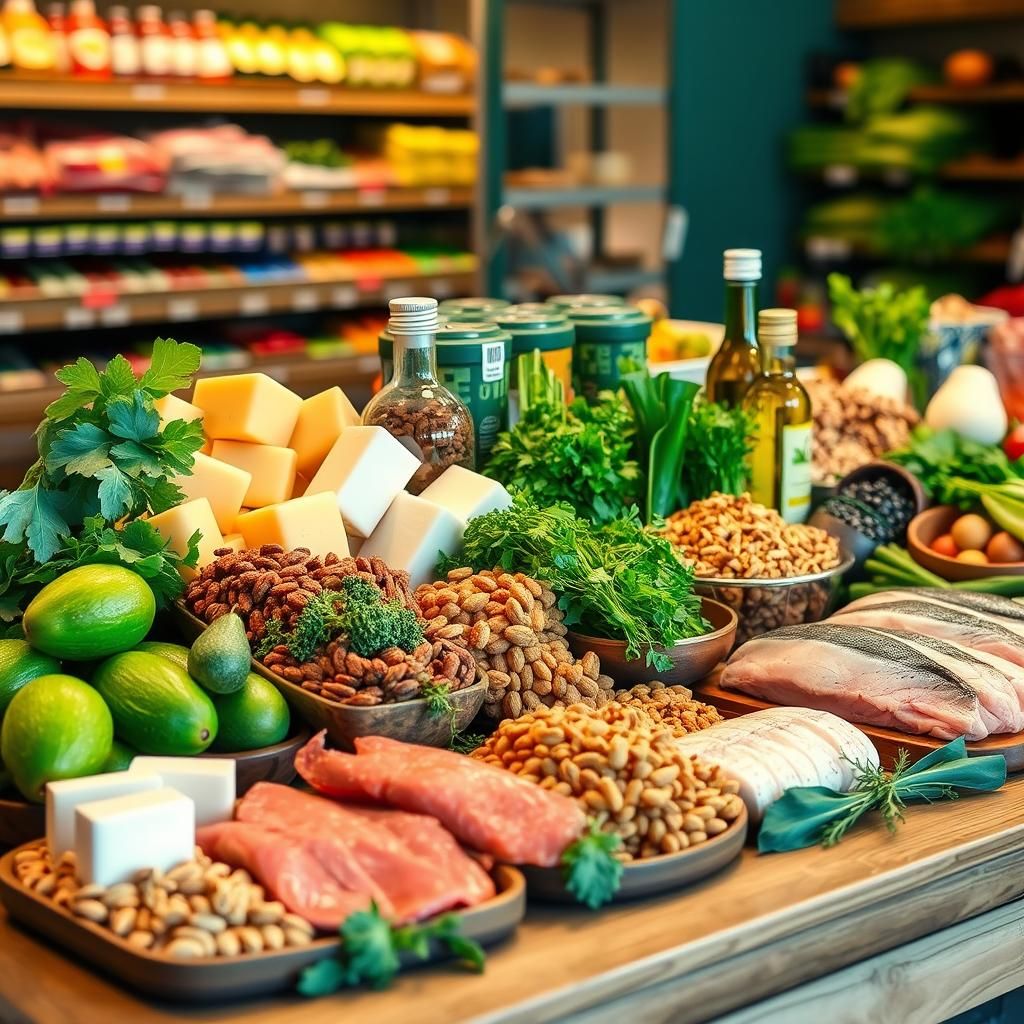
- Fats & Oils: Olive oil, coconut oil, avocado oil, MCT oil, butter, ghee, lard.
- Proteins: Beef, pork, chicken, turkey, fish (salmon, tuna, mackerel), shrimp, eggs.
- Non-Starchy Vegetables: Leafy greens (spinach, kale, lettuce), broccoli, cauliflower, Brussels sprouts, asparagus, zucchini, bell peppers, onions, mushrooms, avocados.
- Dairy (Full-Fat): Cheese (cheddar, mozzarella, cream cheese), heavy cream, sour cream, Greek yogurt (unsweetened).
- Nuts & Seeds: Almonds, macadamia nuts, walnuts, chia seeds, flax seeds, hemp seeds.
- Fruits (in Moderation): Berries (strawberries, raspberries, blueberries).
- Sweeteners (Keto-Friendly): Erythritol, stevia, monk fruit.
Foods to Avoid on Keto
To maintain ketosis, it’s essential to avoid or severely limit high-carbohydrate foods, including:
- Grains: Wheat, rice, oats, corn, barley.
- Sugary Foods: Candy, soda, juice, pastries, ice cream.
- Starchy Vegetables: Potatoes, sweet potatoes, corn, peas.
- Legumes: Beans, lentils, chickpeas.
- Most Fruits: Bananas, apples, oranges, grapes.
- Low-Fat and Diet Foods: Often high in hidden carbohydrates.
- Processed Foods: Many processed foods contain added sugars and unhealthy fats.
Tips for Success on Your Keto Journey
- Track Your Macros: Use a food tracking app (e.g., MyFitnessPal, Carb Manager) to monitor your carbohydrate, protein, and fat intake.
- Stay Hydrated: Drink plenty of water throughout the day (at least 8 glasses) to prevent dehydration and electrolyte imbalances.
- Plan Your Meals: Meal planning is crucial for staying on track with your keto diet. Plan your meals for the week and prepare food in advance whenever possible.
- Read Food Labels: Pay close attention to nutrition labels to ensure that foods are low in carbohydrates and free of added sugars.
- Listen to Your Body: Pay attention to how your body responds to the keto diet. Adjust your macronutrient ratios and food choices as needed.
- Be Patient: It may take a few days or weeks for your body to fully adapt to the keto diet. Be patient and persistent, and you will eventually see results.
- Don’t Be Afraid to Experiment: There are countless delicious keto recipes available online. Don’t be afraid to experiment with different foods and flavors to find what you enjoy.
- Manage Cravings: If you experience cravings for high-carbohydrate foods, try distracting yourself with a low-carb snack, a walk, or a hobby.
- Get Enough Sleep: Aim for 7-8 hours of sleep per night to support your overall health and well-being.
- Manage Stress: Chronic stress can hinder weight loss and negatively impact your health. Find healthy ways to manage stress, such as exercise, meditation, or spending time in nature.
Addressing Common Keto Concerns
- Constipation: Increase your fiber intake by consuming plenty of non-starchy vegetables, chia seeds, and flax seeds. Ensure you’re drinking enough water.
- Leg Cramps: Leg cramps on keto are often due to electrolyte deficiencies. Supplement with magnesium and potassium, and increase your sodium intake.
- Hair Loss: Hair loss can occur due to the rapid dietary changes associated with keto. Ensure you’re consuming enough protein and essential nutrients.
- Irregular Menstrual Cycles: Some women may experience changes in their menstrual cycles on keto. This is usually temporary and resolves as the body adapts.
- Gallbladder Issues: If you have a history of gallbladder problems, talk to your doctor before starting the keto diet, as the high-fat content may exacerbate symptoms.
Keto Beyond Weight Loss: Other Potential Benefits
While weight loss is a primary motivator for many people following the keto diet, it offers a range of other potential health benefits:
- Brain Health: Ketones can provide an alternative fuel source for the brain, potentially improving cognitive function and protecting against neurodegenerative diseases like Alzheimer’s and Parkinson’s. Studies are ongoing, but early results are promising.
- Epilepsy Management: The keto diet has a long history of use in managing epilepsy, particularly in children who don’t respond to traditional medications. It helps reduce seizure frequency by altering brain metabolism.
- Cancer Prevention and Treatment: Research suggests that the keto diet may have anti-cancer properties by starving cancer cells of glucose, their primary fuel source. It’s being explored as a complementary therapy in conjunction with conventional cancer treatments.
- Heart Health: While traditionally, high-fat diets were considered detrimental to heart health, studies are showing that the keto diet can improve cholesterol levels (raising HDL “good” cholesterol and lowering triglycerides) in some individuals. However, it’s crucial to choose healthy fats and monitor cholesterol levels with your doctor.
- PCOS Management: The keto diet can help manage symptoms of polycystic ovary syndrome (PCOS) by improving insulin sensitivity, reducing inflammation, and promoting weight loss, which can help regulate menstrual cycles and improve fertility.
Long-Term Keto: Sustainability and Adaptations
While this 7-day meal plan provides a great starting point, it’s crucial to consider the long-term sustainability of the keto diet. Strict keto can be challenging to maintain for extended periods, and some individuals may benefit from modified approaches:
- Cyclical Keto Diet (CKD): This involves alternating between periods of strict keto and periods of higher carbohydrate intake, often used by athletes to replenish glycogen stores.
- Targeted Keto Diet (TKD): This involves consuming carbohydrates around workouts to provide energy for exercise without disrupting ketosis.
- Lazy Keto: This approach focuses on limiting carbohydrate intake without strictly tracking macros. While less precise, it can be a more sustainable option for some individuals.
Regardless of the approach you choose, it’s essential to prioritize nutrient-dense foods and listen to your body’s needs.
Final Thoughts
This 7-day keto meal plan provides a comprehensive and free guide to help you start your keto journey. By following this plan and incorporating the tips and guidelines outlined in this article, you can achieve your weight loss goals, improve your health, and experience the many benefits of the keto diet. Remember to consult with your healthcare provider before making any significant dietary changes. With dedication and consistency, you can achieve lasting success on the keto diet. Good luck!
Discover More!
Ready to dive deeper into the world of keto?
Affiliate Link Disclosure: Some of the links in this post are affiliate links. This means that if you click on the link and make a purchase, I may receive a small commission at no extra cost to you. I only recommend products or services that I personally use and believe will be valuable to my readers.
